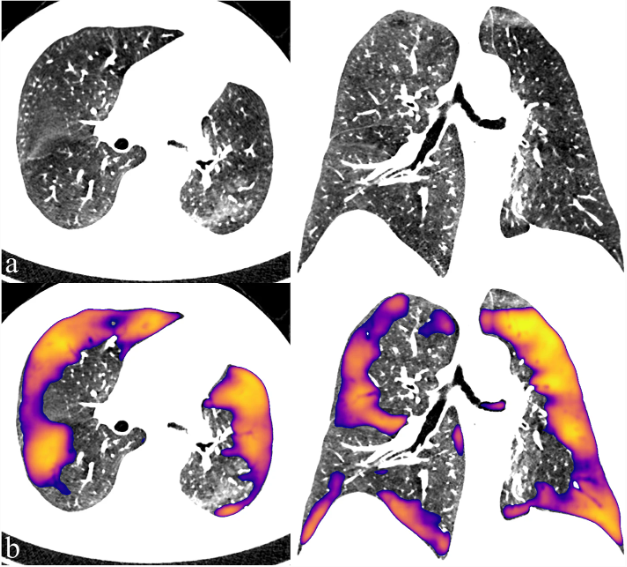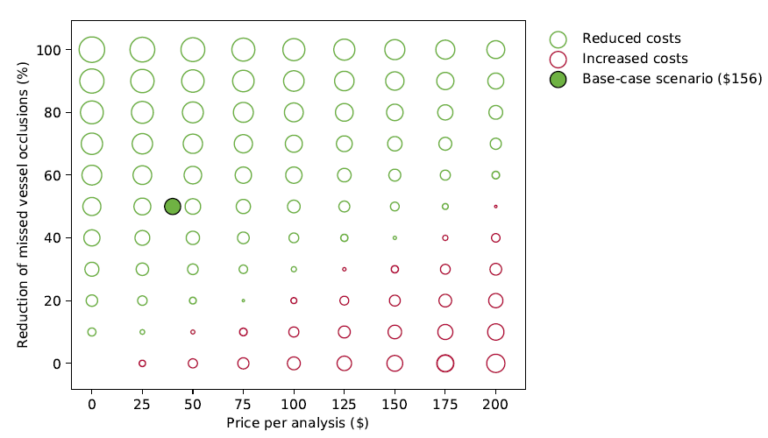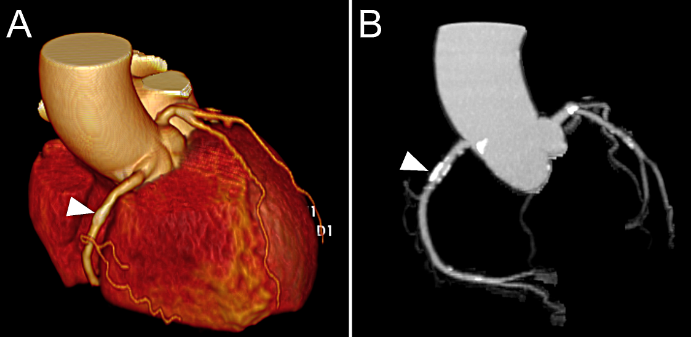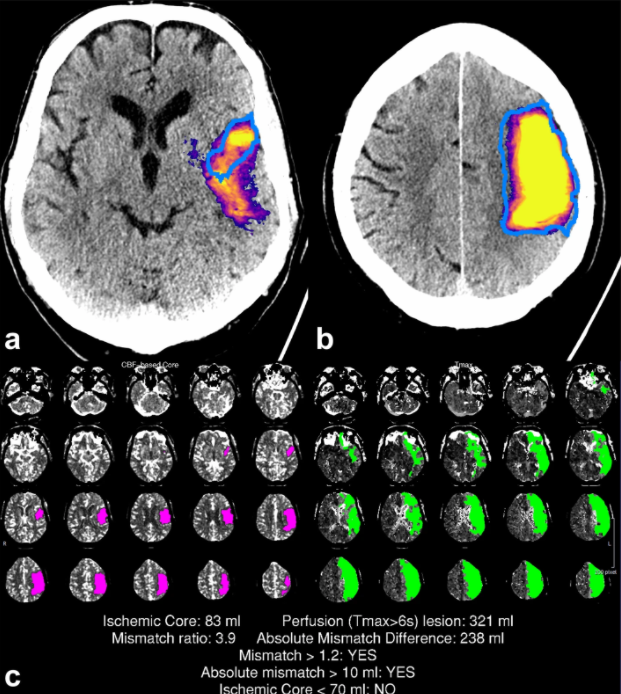
How well does a 3D convolutional neural network perform in detecting hypoperfusion?
Due to the life-threatening nature of chronic pulmonary embolism (CPE) and how easily it can be misdiagnosed on computed tomography, the authors of this study investigated a three-dimensional convolutional neural network (CNN) algorithm for detecting hypoperfusion in CPE from computed tomography pulmonary angiography (CTPA). This study demonstrated the feasibility of a deep learning algorithm for detecting hypoperfusion in CPE from












